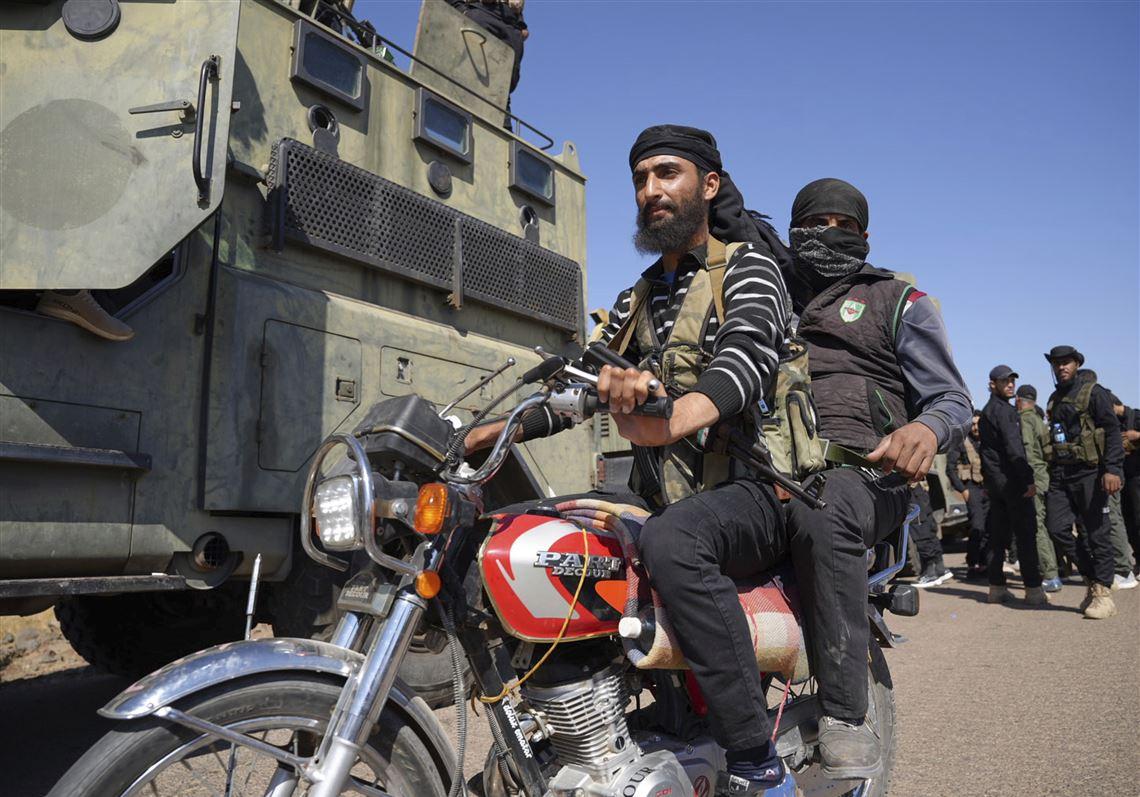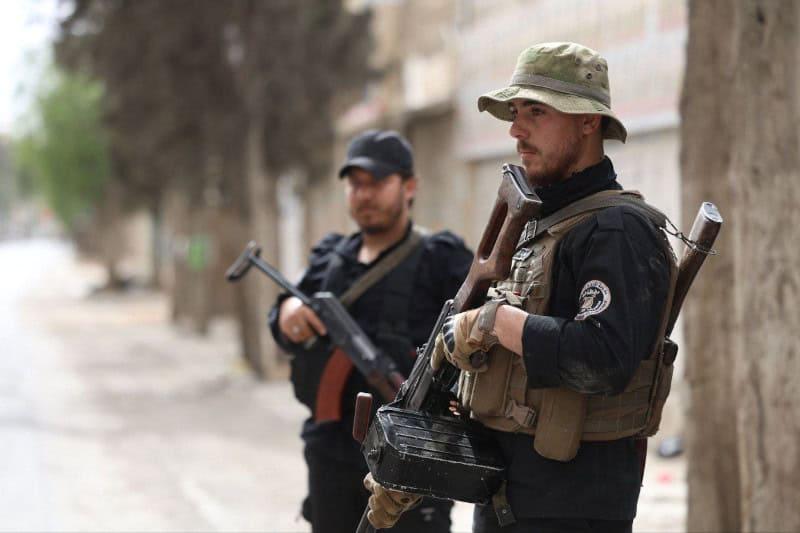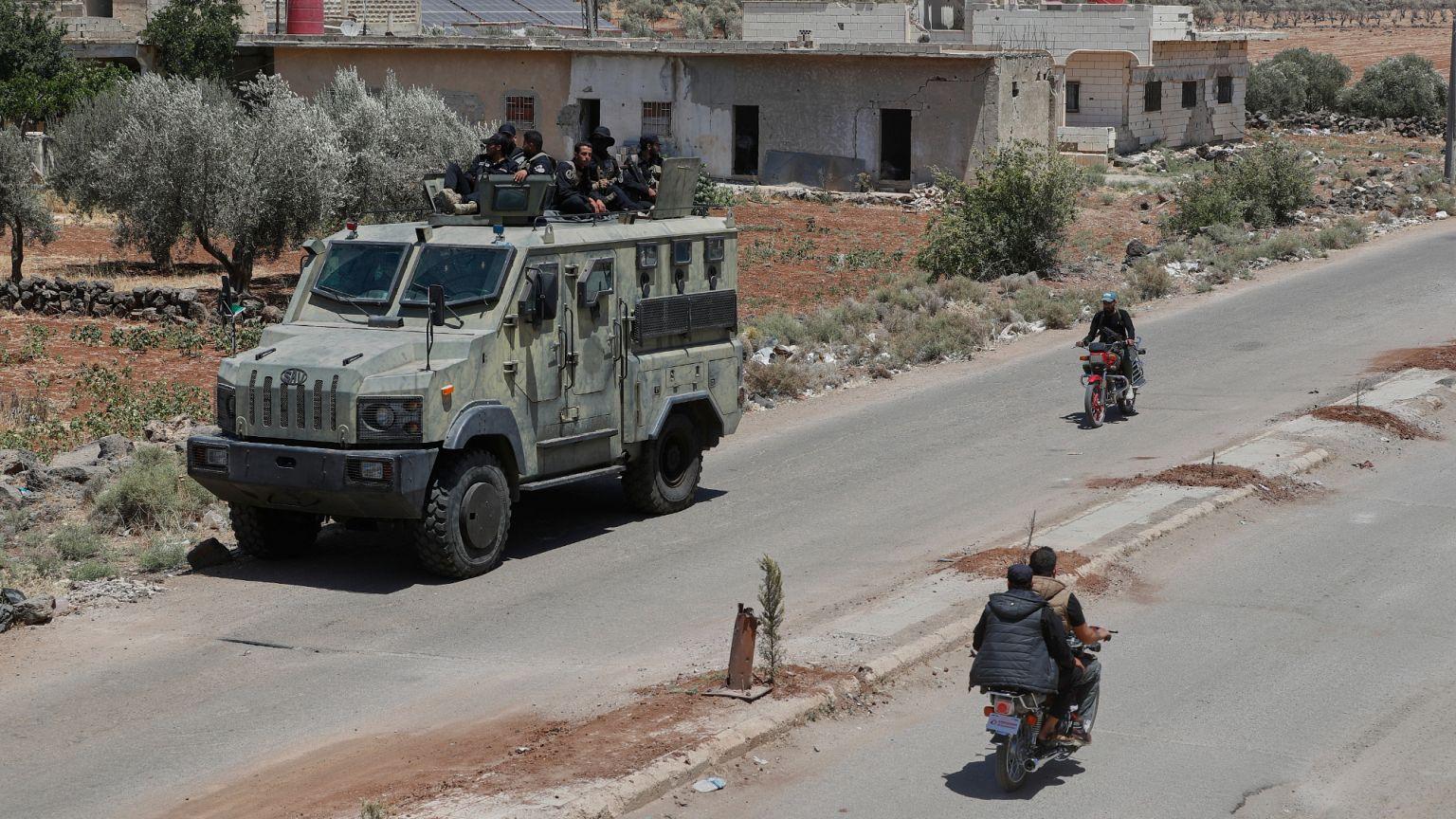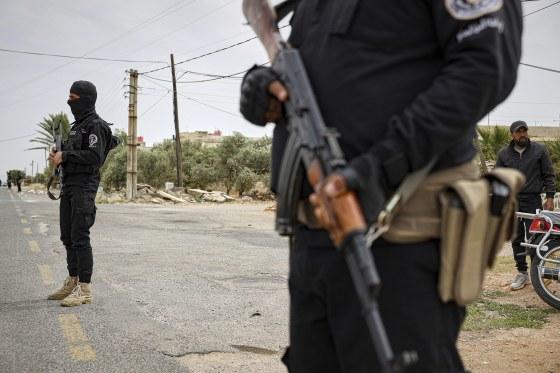Background and Context of the Druze-Sunni Bedouin Conflict in Syria
The complex tapestry of sectarian affiliations in Syria has given rise to longstanding tensions,particularly between the Druze community and Sunni Bedouin clans. The Druze, primarily residing in the southwest of the country, adhere to a unique religious doctrine that shares elements with Islam but diverges substantially in practice and belief. This separatist identity has fueled mistrust with the predominantly Sunni Bedouin tribes, who encompass a wide-ranging demographic across Syria’s arid landscape. As the Syrian civil war intensifies and conventional power structures break down, these tensions have hit a boiling point, leading to violent conflicts that are as much about control over territory and resources as they are about sectarian allegiance.
In this volatile context, recent clashes have erupted, resulting in significant casualties, including the loss of more than 30 lives. Factors contributing to the escalation include competition over scarce resources such as water and grazing land, which are crucial for the Bedouin’s nomadic lifestyle. Additionally, external influences, such as the involvement of various regional and international actors in the conflict, have exacerbated the situation, complicating peace efforts. The cyclical nature of violence between these groups highlights the urgent need for a nuanced understanding of local dynamics, and also strategic approaches toward fostering dialog and reconciliation in a region deeply fractured by conflict.

The Human Impact: Casualties and Displacement Amidst Rising tensions
The recent eruption of violence in southern Syria has brought to light the heartbreaking human toll of the ongoing strife. Casualties have quickly mounted, with reports indicating that more than 30 individuals have lost thier lives amid fierce clashes between Druze militias and Sunni Bedouin clans. Eyewitness accounts and local sources describe a landscape marked by grief and turmoil, as families grapple with the devastating consequences of the skirmishes. The violence underscores not only the immediate loss of life but also the deeper fractures within communities entrenched in past rivalries and territorial disputes.
Moreover, the fighting has forced many families to flee their homes, contributing to a growing crisis of displacement. Those who once lived in relative peace are now navigating the uncertain fate of refugees, seeking shelter in overcrowded camps or fleeing to safer regions. The humanitarian implications are severe, with access to basic necessities such as food, water, and medical care becoming increasingly precarious. The latest round of violence not only underscores the urgent need for conflict resolution but also highlights the dire situation faced by those caught in the crossfire of a conflict that continues to evolve.

potential Pathways to Peace: Engaging Local Leaders and Fostering Dialogue
In the wake of the recent violence between Druze militias and Sunni Bedouin clans, it has become evident that fostering dialogue and engaging local leaders are essential steps toward stabilizing the region. Local leaders hold significant influence within their communities and can be pivotal in bridging divides created by long-standing grievances. Initiatives aimed at reconciliation should focus on:
- Establishing regular dialogue forums between the factions.
- Encouraging collaborative community projects that promote shared goals.
- Empowering local leaders to mediate disputes and advocate for peaceful resolutions.
Moreover, the involvement of external organizations that specialize in conflict resolution can bolster these local efforts. These organizations can offer neutral ground for discussions and provide training in conflict mediation. To create a sustainable peace process, it is crucial to consider:
- Creating educational programs that highlight the importance of coexistence and mutual respect.
- Facilitating workshops that equip community leaders and members with conflict resolution skills.
- Promoting cultural exchanges that celebrate the diverse heritage of the region.

Long-term Solutions: Addressing Root Causes of Sectarian Violence in Syria
To effectively mitigate the cycle of violence that has plagued Syria, it is indeed crucial to tackle the underlying issues that drive sectarian conflict. One major factor is the deep-rooted social inequalities that fuel grievances among various groups. Addressing these inequalities requires comprehensive policies aimed at engaging marginalized communities, promoting social justice, and ensuring equitable access to resources. Such initiatives might include:
- Promotion of inclusive governance models that represent diverse sectarian groups.
- Economic advancement programs focused on empowering local populations.
- Educational reforms that emphasize tolerance and coexistence between different communities.
Along with socioeconomic reformation,fostering intercommunal dialogue is essential for bridging divides and cultivating mutual understanding. Initiatives such as community-led conflict resolution forums can facilitate conversations between rival factions and help to humanize opposing sides. Additionally, integrating peacebuilding education within schools can equip future generations with the necessary tools to dismantle ingrained prejudices and promote harmony. These approaches, along with sustained international support for peace processes, may shift the landscape from one of conflict to one of collaboration, paving the way toward true stability in Syria.
